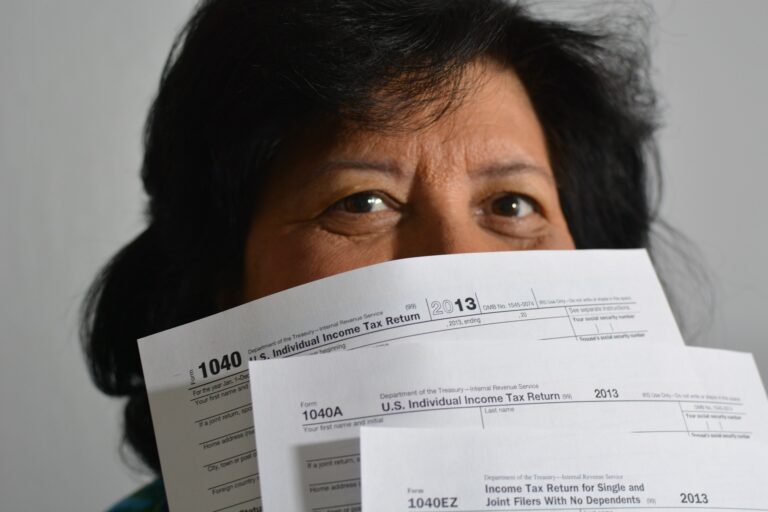In Illinois, heavy importance is placed on college education as being vital for a prosperous life. This viewpoint is promoted throughout K12 education directing students towards college as the solitary path out of poverty. Regrettably, this method hasn’t led to desired economic advantages. Lots of college graduates find themselves working jobs that do not relate to their degrees thus ending up with substantial student loan debt and hardly any real-world benefits.
Measuring Underemployment and Returns on Investment
Two important factors expose issues with Illinois’ college centric approach, returns on investment (ROI) and underemployment.
Returns on Investment (ROI), ROI estimates the financial payoff from acquiring a degree compared to its cost. Research by the Foundation for Research on Equal Opportunity reveals that Illinois offers the least ROI for public undergraduate programs in the Midwest region. The state also holds the top percentage of undergraduate programs offering negative ROI, at 29.9%. This implies nearly one-third of all four-year public undergraduate programs in Illinois are unbeneficial for students.
Underemployment, this term refers to graduates employed in jobs not requiring their degree or their level of skill acquired via tertiary education. A study by Burning Glass Institute from February 2024 indicates that 44% of recent college graduates were underemployed, while nationwide this number was slightly higher a decade after graduating. Moreover, 88% of those underemployed five years postgraduation were working jobs that didn’t ask for further education beyond high school.
The Economic Burden of College Education
For the poor in Illinois, the financial toll college takes is particularly heavy. With the highest average student loan debt in the Midwest at $37,644, this burden is large and unnecessary especially for recent graduates who are already underemployed at a rate of 44%.
The common belief holding that acquiring a four-year degree equates to economic success is simply not true. For many Illinois residents, obtaining a college degree actually results in more debt and persistent poverty rather than perceived success. Over half of all college graduates face underemployment within their first year after graduation with this figure staying constant even after ten years.
To better equip children for triumph and successful entry into the job industry, Illinois should think about following a careers first model for K12 education. The aspects to consider are,
- Career and Technical Education (CTE), Promoting and improving on CTE programs in schools to provide students with practical skills suited for trades and technical careers.
- Apprenticeships/ Work Based Learning, raising awareness and increasing accessibility to apprenticeships or work-based learning opportunities.
- Community College, lessen stigma around community college while acknowledging it as an affordable alternative to conventional four-year degrees.
Gathering data on varying job markets so schools can adjust their focus according to anticipated future employment needs. Further challenges faced by Ilinois extend past its faulty college first policy Clearly putting them at number three for having one of the country’s worst unemployment rates with Washington had they tied it at 4.9%’. The national average was lower sitting at roughly 4% and exceeded its surrounding states.
Job Growth
In May 2024, Illinois experienced slight job growth adding around 43,900 jobs compared to the same month in 2023. However, this increase resulted in Illinois only ranking 44th for nonfarm job growth at a mere rate of 0.7%. Meanwhile across the country, approximately 2.7 million jobs were added during this time frame which indicates a job growth rate of about 1.8%, significantly higher than that of Illinois.
There was slow progress on job recovery efforts post pandemic landing Illinois in last position among neighboring states and almost at bottom on a national scale.
The state’s difficulties are further worsened by a decade long population decrease trend with previously losing about up to more than half of college graduates within one year after graduation and still accounts for nearly half after ten years.
High tax rates are significantly impacting the economy in Illinois causing hardship amongst natives. The state’s economic struggles combined with these high tax rates make it challenging for residents to secure work or businesses to flourish.
The Illinois Policy Institute’s Lincoln poll from November last year named high taxes as the leading cause for people considering leaving the state, while pointing out that Illinois had highest local and state tax burdens in Midwest along with the second highest corporate income tax nationwide.
Recommendations for Economic Improvement
To address these issues, Illinois needs to:
- Lower Taxes, easing financial strain brought by taxes amongst both workers and businesses.
- Reinforce Finances, placing measures into action that encourage better overall financial health.
- Ease Regulations, lessen regulatory burdens enabling more business-friendly conditions.
Lastly
Illinois must take time reassess both their economic and educational strategies while creating an improved plan aimed at better serving its citizens. Positively enough by adopting a careers first approach in conjunction with education while also addressing Illinois’ fiscal and regulatory issues are much needed steps in achieving the future they envision.
Applying these strategic measures, Illinois has the ability to foster a better competitive economic environment while reversing their current sluggish job growth trend which ideally sets them up for a more favorable economic performance over time.











+ There are no comments
Add yours